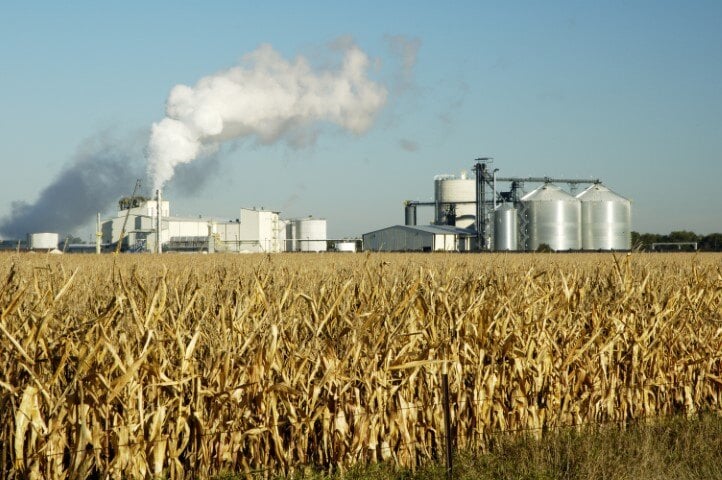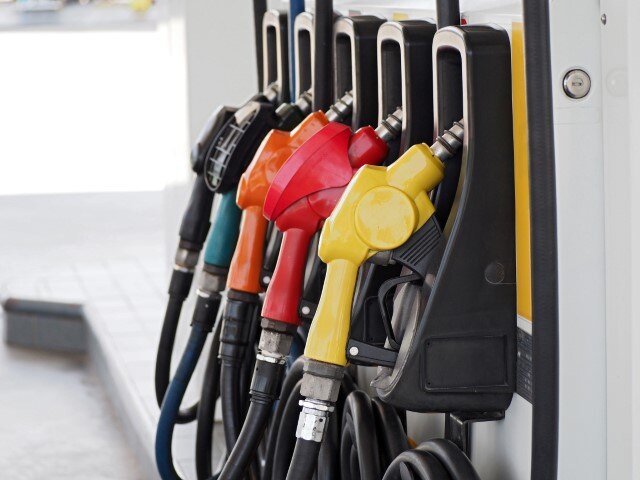Brazil Ethanol Production: Why are they so good at it?
When it comes to making ethanol for fuel, there's no country better at it than Brazil. Brazils ethanol production has been happening on a large scale...

 Almost all legislation about adding ethanol to gasoline is aimed to cut greenhouse gas emissions from a car’s exhaust.
Almost all legislation about adding ethanol to gasoline is aimed to cut greenhouse gas emissions from a car’s exhaust.
So, with several years’ of using ethanol-blended gas, what conclusions have scientists reached about the success of this goal?
A recent article in the respected Building Green, an advocate of protecting our planet from dangerous climate change said,
“Producing ethanol from corn is a bad idea not only because of the poor energy return on investment (EROI), but also because of the impact it is having on ecosystems in the Midwest.”
James Conca, a scientist who writes on bio-fuels for Forbes Magazine pleads for us to “stop pretending biofuel made from corn is helping the planet and the environment.’ Conca’s article that was published on April 20, 2014 cites two working group reports from the United Nations Intergovernmental Panel on Climate Change implying that biofuels are useless for environmental improvement.
The panel stated:
“Biofuels have direct, fuel-cycle GHG emissions that are typically 30–90% lower than those for gasoline or diesel fuels. However, since for some biofuels indirect emissions—including from land use change—can lead to greater total emissions than when using petroleum products, policy support needs to be considered on a case by case basis” (IPCC 2014 Chapter 8).”
The use of ethanol as a biofuel is driving up the cost of food (corn is a feed for livestock) and gasoline (it is more difficult to ship and process. Fuel that is blended with ethanol is also damaging cars, especially older ones, as well as boats, recreation vehicles and gasoline-powered tools. Owners of these engine driven machines must buy special additives to counter the damaging effects of ethanol.
A study in Sao Paulo, Brazil found when the cost of ethanol soared, most motorists switched back to gasoline in their cars (which are flex-fuel). Researchers believe that the results of their four-year study are easy to extrapolate to large North American cities such as Chicago, New York and in Europe. One important result of their study was ozone levels, a known greenhouse gas, decreased by 20 percent.
The science is hard to argue with, ethanol could be more harmful than beneficial to our planet.

When it comes to making ethanol for fuel, there's no country better at it than Brazil. Brazils ethanol production has been happening on a large scale...

The whole point of blending ethanol into gasoline across the nation was to improve the environment by making gasoline burn cleaner. Cleaner burning...
The holy grail for ethanol has always been "can we make ethanol for gasoline out of stuff we can't eat?" More specifically, the big issue has been...